Thierry Breton, Commissioner for Internal Market, welcomed this next step forward in the 1+MillionGenomes initiative:
Germany’s commitment to this important initiative on linking access to genomic data across Europe will further enhance the collective benefit of this cooperation and its potential to bring the best possible treatment and diagnostics to the European citizens, as well as fundamentally transform and the way health systems improve prevention through innovation .
Mariya Gabriel, Commissioner for Innovation, Research, Education, Culture and Youth, said:
I welcome the commitment of Germany to this important initiative, which can help millions of Europeans by improving personalised medicine and disease prevention. Genomic data management and interoperability is ever more important in healthcare, but we still need to establish standard methods and tools. The One Million Genome initiative showcases how research concretely contributes to making EU citizens’ lives better.
Why linking Genomic databases across Europe is important?
Providing access to a critical mass of genomic data across Europe is essential to advance research and the understanding of diseases, as well as to improve diagnosis and guide therapeutic intervention for more personalised treatments and effective prevention programmes. The Signatories of the Declaration have decided to focus on three main use cases: Cancer, Rare diseases, Common and complex diseases.
Attending the signing ceremony in Berlin, Stella Kyriakides, Commissioner for Health and Food Safety, said:
I welcome Germany’s signing of this important initiative that will contribute to advancing research and the development of new treatments.
Genomic sequencing data sets are today available in many EU Member States, both as part of national genomic strategies, as well as of existing research initiatives and projects, but they are scattered and mostly disconnected. Linking these datasets and making them accessible in a secure way will create a greater cohort of genomic data, which will facilitate the research on innovative solutions for precision medicine and public health. Prevention is a key factor for both citizens’ health and health systems cost-efficiency and sustainability.


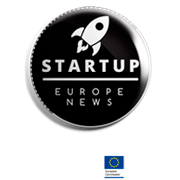

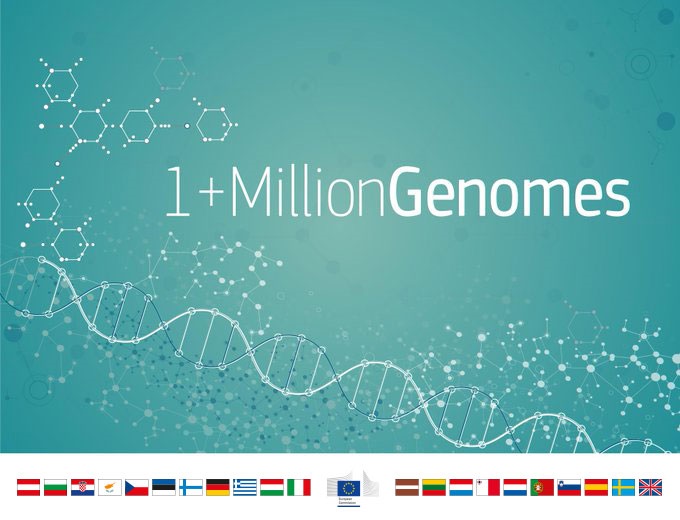




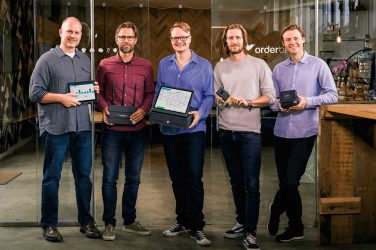
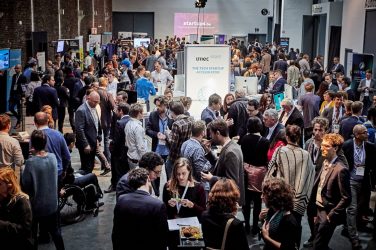
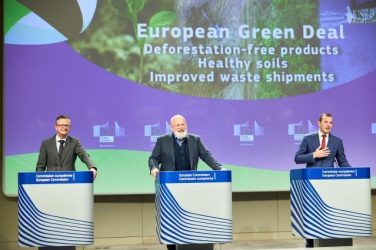
Show Comments